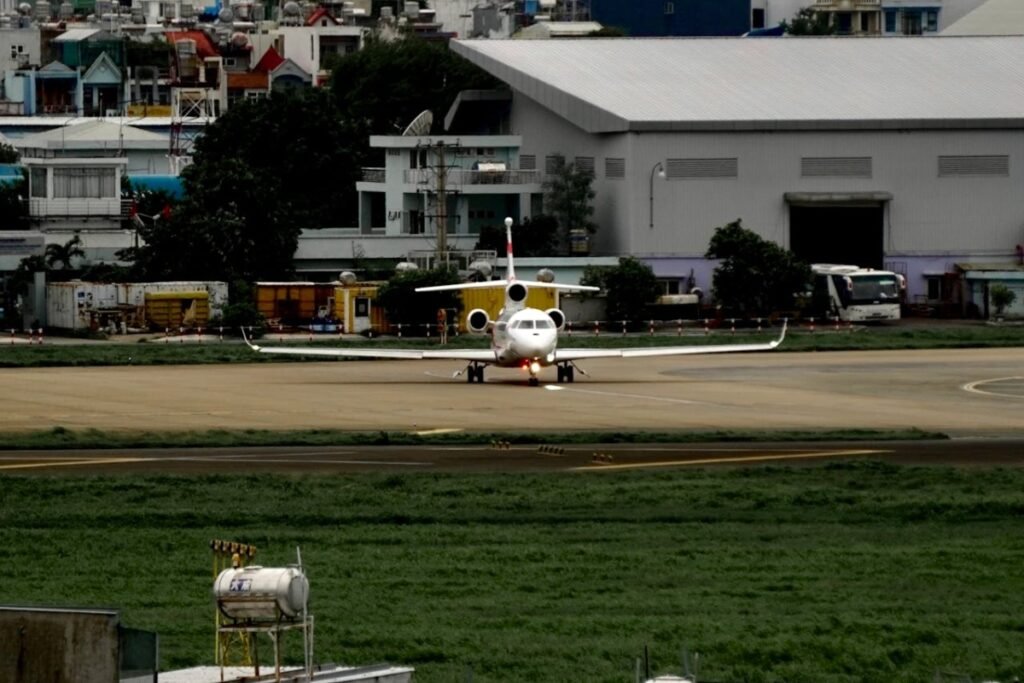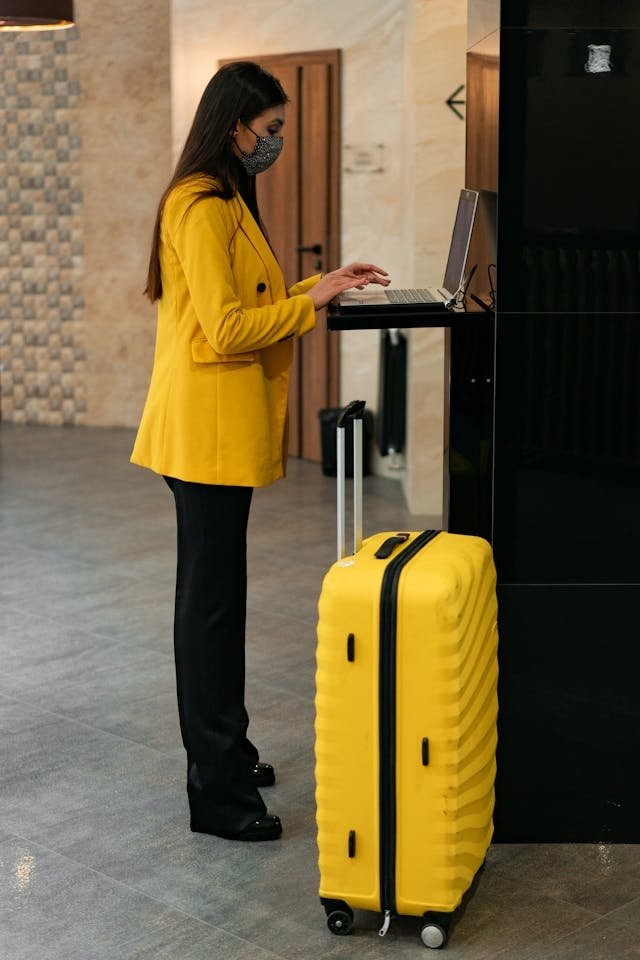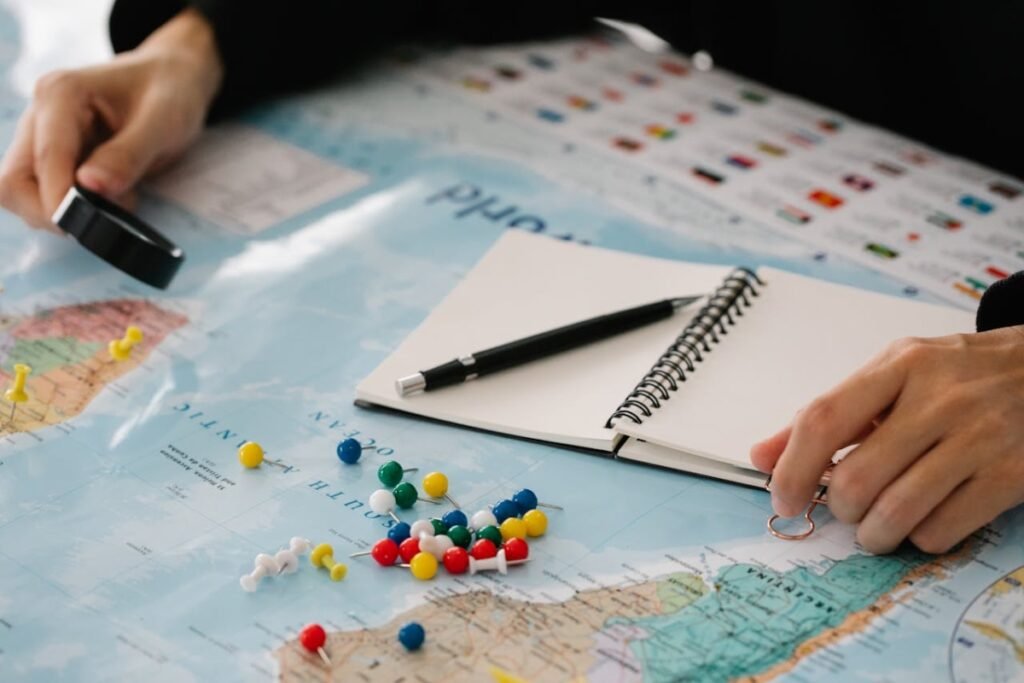In today’s ever-changing world, traveling—whether for leisure or business—requires more than just a passport and an itinerary. From political unrest to health outbreaks and natural disasters, being aware of travel precautions can mean the difference between a safe journey and a dangerous situation.
This comprehensive guide will help you understand:
- ✈️ What is a travel precautions essay?
- ⚠️ Countries currently on the “Do Not Travel” list
- 🔐 Safety tips for general and business travelers
- 📲 PDF tools and resources for travel safety
- 🗺️ High-alert destinations and Level 4 advisory countries
📖 What Is a Travel Precautions Essay?
A travel precautions essay is a personal or informative piece of writing that outlines:
- Potential travel risks (health, political, cultural, environmental)
- Recommended safety practices
- Real-world examples of travel disruptions
- Preventive actions travelers should take
These essays are often written by students, safety professionals, or travel bloggers to raise awareness about the importance of travel safety and preparedness.
🚫 List of Countries on the U.S. “Do Not Travel” List (Level 4 Advisory)
The U.S. Department of State uses a 4-tier travel advisory system.
Level 4: Do Not Travel is the highest warning and reflects extreme danger due to crime, terrorism, conflict, or civil unrest.
🔴 Level 4 Travel Advisory Countries (As of July 2025)
| Country | Reason |
|---|---|
| Afghanistan | Ongoing conflict, terrorism, kidnapping |
| Russia | Armed conflict, arbitrary law enforcement |
| Iran | Arbitrary detention, civil unrest |
| North Korea | Arrest risk, limited consular assistance |
| Syria | Armed conflict, terrorism |
| Haiti | Kidnapping, poor healthcare, civil unrest |
| Somalia | Terrorism, piracy, violent crime |
| Sudan | Ongoing armed conflict |
| Yemen | Civil war, terrorism, poor health conditions |
| Venezuela | Crime, civil unrest, infrastructure collapse |
🛑 Always verify current travel advisories: travel.state.gov
🌐 What Countries Are on High Alert for Travel?
Even if not on the Level 4 list, some countries are on Level 3: Reconsider Travel or Level 2: Exercise Increased Caution due to specific regional threats.
⚠️ High-Alert Countries (July 2025)
- Mexico (certain states) – Crime, cartel activity
- Israel & West Bank/Gaza – Armed conflict, civil unrest
- Myanmar (Burma) – Political instability, armed violence
- Ethiopia – Conflict in Tigray, regional instability
- Lebanon – Economic collapse, political unrest
Travel advisories can change rapidly—monitor updates through embassies or official portals.
📥 Travel Safety Tips PDF Resources
Want a printable safety checklist for your next trip? Trusted global organizations provide free travel safety PDFs.
🧾 Recommended Travel Safety PDFs
- CDC Traveler’s Health Guide
https://wwwnc.cdc.gov/travel - U.S. State Department Travel Checklist
https://travel.state.gov - Red Cross International Preparedness
https://www.redcross.org - WHO Country-by-Country Travel Advice
https://www.who.int/travel-advice
📄 You can also design a custom safety PDF using Microsoft Word, Canva, or Google Docs.
✈️ International Travel Safety Tips
Before traveling abroad, follow these pre-departure and on-arrival tips to ensure a safer journey.
🧳 Before You Travel
- Enroll in STEP (Smart Traveler Enrollment Program)
- Purchase comprehensive travel insurance
- Share your itinerary with family or friends
- Research local laws and emergency contacts
- Make digital & physical copies of key documents
🛬 Upon Arrival
- Avoid displaying cash or valuables
- Book secure accommodations
- Use trusted transport services (Uber, hotel taxis)
- Steer clear of protests or large crowds
- Use a VPN when accessing public Wi-Fi
💊 Health-Specific Tips
- Check for required vaccinations
- Pack prescribed medications with documentation
- Carry basic medicines (painkillers, ORS, antiseptics)
- Drink bottled or filtered water in risky regions
🧠 The golden rule: Preparation, awareness, and flexibility are the pillars of travel safety.
👔 Business Travel Safety Tips
Business travelers are often at higher risk due to tight schedules and visits to politically unstable regions.
🧩 Key Safety Tips for Business Travelers
📝 Pre-Trip Preparation
- Get a security and cultural briefing
- Review regional laws and sensitivities
🔐 Secure Your Tech
- Encrypt devices
- Avoid public charging stations (USB skimming risk)
🎒 Travel Light
- Carry only essential documents and devices
🕵️ Stay Anonymous
- Don’t advertise your position or employer
🚨 Emergency Planning
- Know local emergency contacts
- Follow your company’s crisis protocol
🚘 Transportation & Lodging
- Use corporate-approved hotels and rides
- Avoid traveling after dark
🔐 Cybersecurity is crucial—never access sensitive files on unsecured networks.
💬 Why Is Travel Safety Important?
Travel safety goes beyond avoiding harm—it ensures that you:
- Return home safely
- Stay healthy and alert during travel
- Prevent financial and data losses
- Respect local laws and customs
🛡️ Travel precautions help you experience the world with peace of mind and confidence.
❓ 10 FAQs About Travel Safety & High-Risk Countries
1. What is a Level 4 travel advisory?
It’s the highest warning by the U.S. government: “Do Not Travel” due to severe safety risks.
2. How do I check my destination’s safety level?
Visit travel.state.gov or your own government’s travel website.
3. Do I really need travel insurance?
Yes, especially for medical coverage, cancellations, and theft protection abroad.
4. Can I travel to a Level 4 country?
Yes, but it’s strongly discouraged and may void your insurance policy.
5. What is the STEP program?
A free U.S. government program that provides travel alerts and embassy assistance.
6. What documents should I carry while abroad?
Passport, visa, emergency contacts, travel insurance, and health documents.
7. How can I avoid being pickpocketed?
Use money belts, avoid crowds, and be alert in tourist zones.
8. Is solo travel safe?
Yes, with extra precautions, especially for women and LGBTQ+ travelers.
9. What if I lose my passport?
Report it to local police and visit your embassy immediately.
10. What are the top safety tips for business travelers?
Use company-approved transportation, secure your devices, and limit sensitive exposure.
🧭 Final Thoughts: Plan Safe, Travel Smart
From political conflict to unexpected illness, international travel involves real risks. But those risks are manageable through research, preparation, and situational awareness.
Whether you’re on a family vacation, business trip, or solo backpacking adventure—your safety is the foundation of your travel experience.
🌐 Plan ahead. Stay informed. Travel smart.




